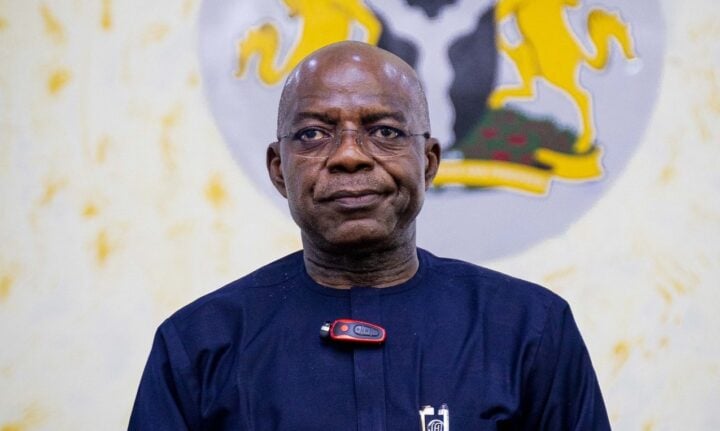BY MARIYA BAGUDO
Sickle Cell Day (June 19) is dedicated to raising awareness about sickle cell disease, highlighting its impact on individuals and communities, and providing a platform for education on the challenges faced by those living with the disease. It underscores the importance of support and understanding for patients and their families, honouring those we’ve lost, admiring the survivors, and supporting the fighters.
Being a caretaker for a sickle cell patient means living in a constant state of mourning, both in life and in death. You watch them bear the weight of potential loss from a young age, always reminded by relatives, friends, or even strangers that any moment could be their last. This uncertainty shadows your life, turning every day into a struggle as you witness countless midnight rushes to the hospital, long stays in the ICU, and the difficulty of medical procedures like inserting IV lines, sometimes requiring multiple pricks or even cut-down surgeries. You see cannulas placed in inconvenient and painful spots—necks, legs, faces—tubes and machines attached in every possible space.
Each hospital visit brings new heartache. Doctors often downplay the severity of their pain, dismissing it as exaggerated or a sign of weakness. They fail to listen when patients say they’re still in pain, sometimes withholding necessary pain relief. They mistakenly believe that procedures like blood transfusions should eliminate all pain, discharging patients who are still suffering. Each patient is unique, yet they are treated like textbook cases, with doctors acting cold and distant, almost accusing them of not taking proper care of themselves.
Advertisement
Outside the hospital, you see the social stigma they face. People use “sickle cell” as an insult, oblivious to the deep hurt it causes. Already battling a severe illness, they hear classmates mock others by calling them “sickle cell,” equating the condition with weakness or inferiority. This lack of education and empathy perpetuates a cycle of hurtful language and stereotypes. Every time another sickle cell patient passes away, you see the fear in their eyes, the silent question: “Will I be next?” You witness their retreat into quietness, a heart-wrenching cycle of loss and uncertainty. The fragility of life is a constant reminder of the battles they face.
When a sickle cell patient dies, the grieving process is overwhelming—shock, anger, and despair, all wrapped tightly around you, leaving no room to breathe. But with this loss comes survivors’ guilt, endless “what ifs” and “whys,” each thought leading to more questions and self-doubt. It’s a constant tug-of-war between the heartache of loss and the pain of being left behind. According to WHO 2014 statistics, this is the reality for families of about 100,000 people who die from sickle cell disorder in Nigeria every year.
You also mourn the continuation of marriages without genotype compatibility tests in Nigeria. Couples often ignore the issues, believing their love transcends genetic compatibility, thus potentially subjecting their future children to a life of pain. In a world where information is readily available, knowingly risking a child’s well-being feels unjustifiable. Such decisions should no longer be acceptable.
Advertisement
This year, an estimated 100,000 to 150,000 children are projected to be born with sickle cell anaemia in Nigeria. The impact of this disease goes beyond physical pain; it extends to the emotional and mental well-being of those affected and their loved ones. The cycle of grief, fear, and resilience becomes a constant companion, highlighting the urgent need for increased awareness, support, and advocacy for better healthcare services and genetic counselling to prevent future cases.
Reflecting on these staggering statistics and the human stories behind them, it becomes clear that addressing sickle cell anaemia requires a multifaceted approach. We must advocate for genotype compatibility in marriages and push for better healthcare infrastructure and support systems. By doing so, we can create a future where every individual’s health and well-being are safeguarded. Only through collective action, understanding, and compassion can we truly honour the warriors who bravely battle sickle cell anaemia and work towards a society that values all its members’ lives. This Sickle Cell Day, it is our duty to honour the legacy of those who have fought this illness bravely.
Mariya Bagudo is an Nguvu Change Leader
Advertisement
Add a comment










